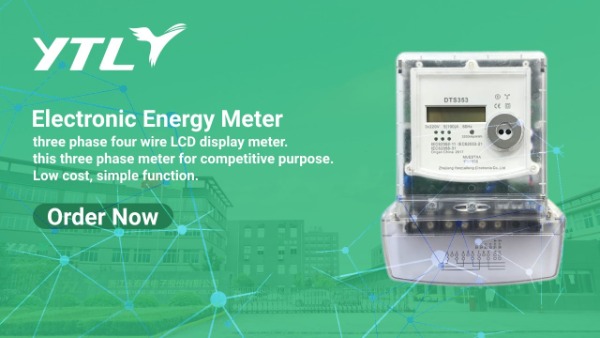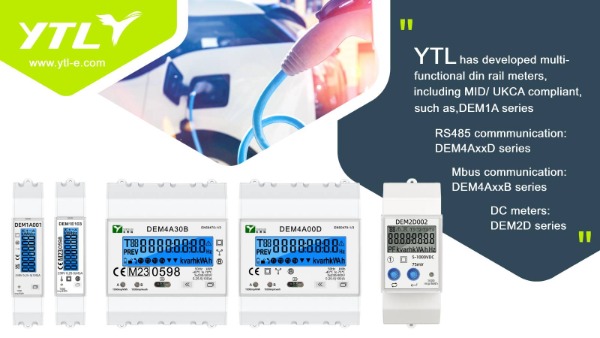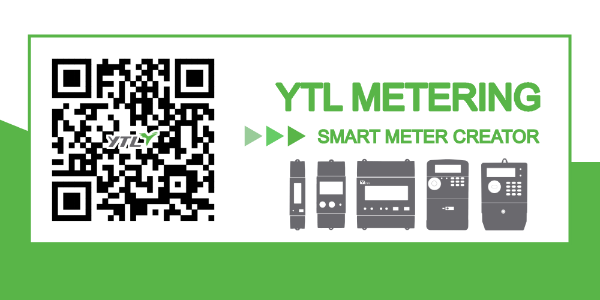How smart meters achieve differentiated electricity billing
The implementation of differentiated electricity billing by smart meters relies mainly on their advanced capabilities in measurement, communication, and data processing. By collecting real-time electricity usage data from users and combining it with various billing strategies, smart meters are able to provide personalized and differentiated electricity billing services to power consumers. The following is a detailed description of how smart meters achieve differentiated electricity billing. Smart meters collect electricity usage data such as consumption, usage time, and load in real time through their built-in measurement modules.These data are processed internally to generate detailed electricity records, providing basic data for subsequent differentiated billing. Smart meters support various rate settings, including time-of-use billing, load management billing, multi-tiered billing, and seasonal billing, among others.

Load management billing focuses on managing and controlling users' electricity loads. Smart meters can monitor users' electricity loads in real-time, and when the load exceeds a preset threshold, automatically adjust the rate or issue a reminder to encourage users to reduce their load and avoid overloading and damaging electrical equipment.
Tiered pricing divides users' electricity consumption into different tiers, with each tier corresponding to a different rate.This billing method can incentivize users to save electricity, especially in cases of high electricity consumption, by raising the price of electricity to guide users to reduce unnecessary electricity usage. 
Smart meters achieve differentiated electricity billing by real-time collection of users' electricity consumption data, supporting various tariff settings, integrating big data analysis technology, and strong communication capabilities. This not only helps power companies better manage electricity resources and improve the efficiency of the power system operation but also helps users save electricity costs and optimize their electricity consumption behavior.
With the continuous advancement of technology and the expanding application scenarios, the application of smart meters in differentiated electricity billing will become more widespread and in-depth. It should be pointed out that, although smart meters have many advantages in differentiated electricity billing, their actual application is still constrained by some factors. Factors such as user acceptance, utility company management level, and policy support can all impact the promotion and application of smart meters and differentiated electricity billing. Therefore, in the process of promoting smart meters and differentiated electricity billing, it is necessary to fully consider these factors, formulate appropriate policies and measures to promote their smooth implementation.With the continuous development of technologies such as the Internet of Things, cloud computing, and big data, the application of smart meters in differentiated electricity billing will also continue to innovate and improve. For example, by linking and complementing with other smart devices, smart meters can provide more precise and personalized electricity billing services; by using big data analysis and artificial intelligence technology, smart meters can offer users more intelligent and user-friendly electricity usage advice and management solutions. These technological innovations and applications will further promote the development and application of smart meters in the field of differentiated electricity billing.

Comments
Post a Comment